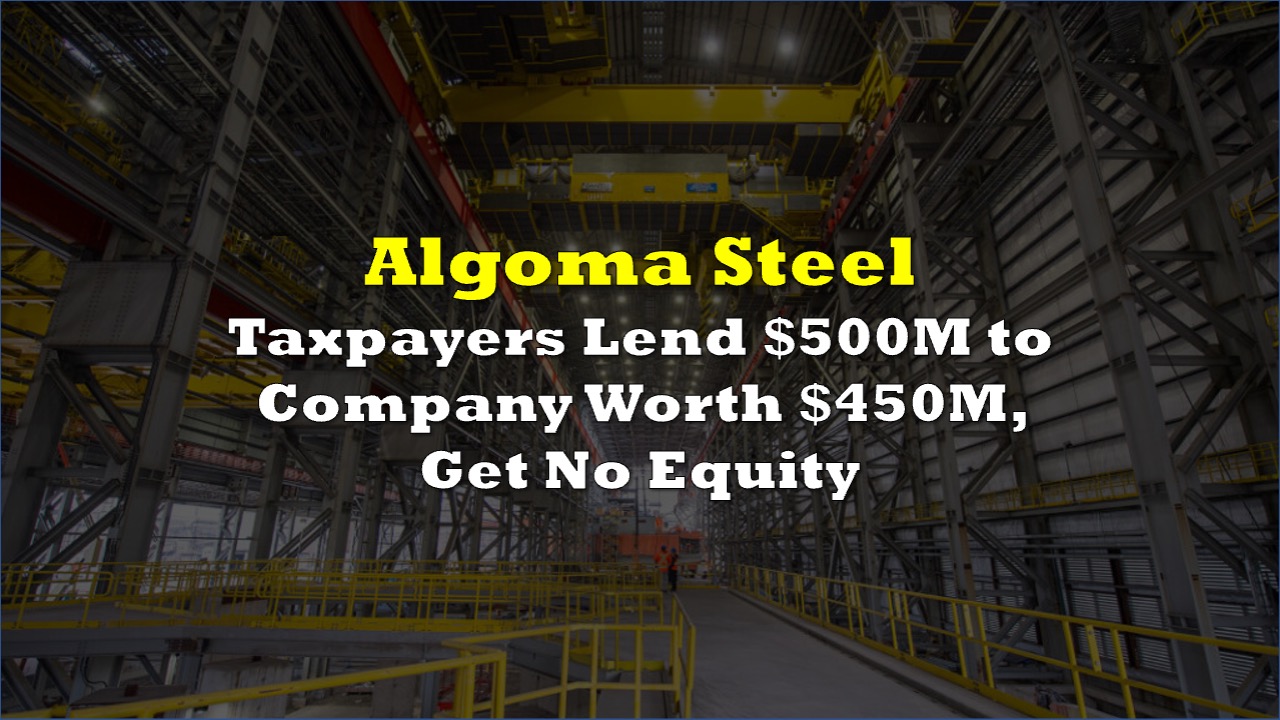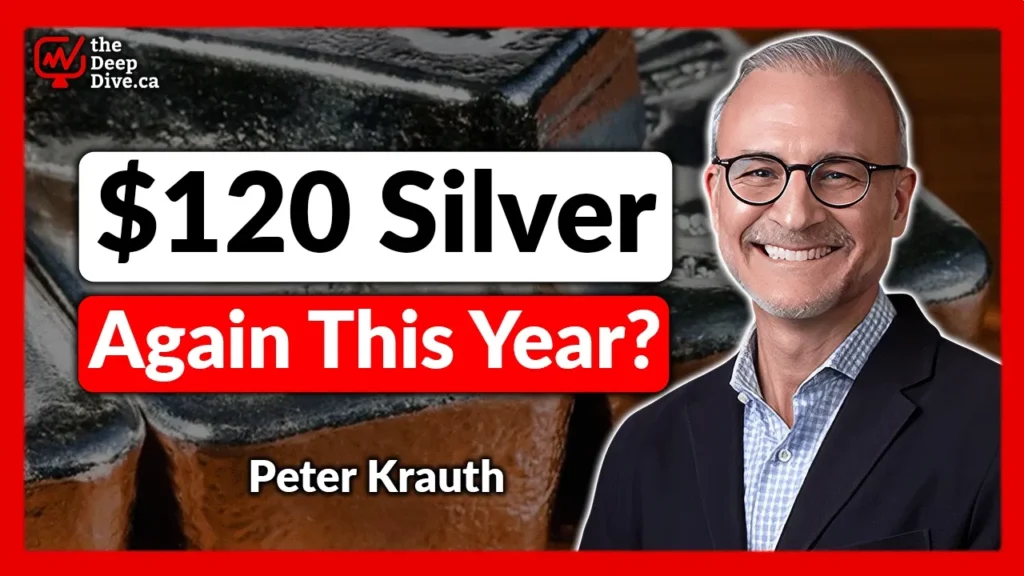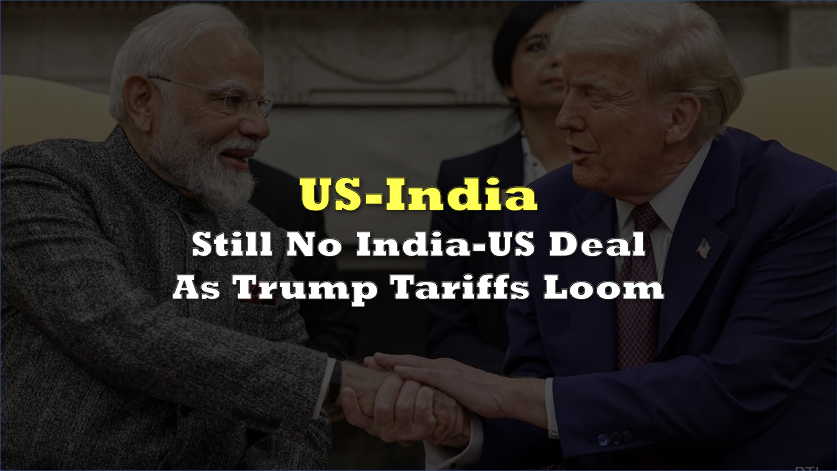Algoma Steel (Nasdaq: ASTL) announced Monday it had secured $400 million from Ottawa and $100 million from Ontario under emergency tariff relief programs. The company calls the funds critical to maintaining operations and its 2,600-person workforce, as 50% US tariffs effectively close off its largest market.
But the loan structure — which gives taxpayers no ownership stake — has drawn scrutiny, given the company’s executive compensation levels and recent financial performance.
Company filings show CEO Michael Garcia collected $5.58 million in total compensation in 2024, up from $2.96 million in 2023. This included a base salary of just over $1 million, $3.03 million in share-based awards, and $1.28 million in annual incentive payments. The company meanwhile, reported a net loss of $110.6 million for the second quarter of 2025.
Canadian taxpayers lend $500 million for nothing in return, saving the asses of management.
— The Deep Dive (@TheDeepDive_ca) September 29, 2025
But don't worry, compensation still sits in the million for their mismanagement.
No equity stake. No real value for taxpayers, aside from a handful of 'jobs' supported locally.$ASTL https://t.co/6qI1ZW2E0n pic.twitter.com/UEnCrqFiZ1
Chief Financial Officer Rajat Marwah received $1.58 million in 2024, up from $919,785 in 2023. Other senior executives also collected compensation packages exceeding $1 million annually.
Unlike bailouts during the 2008 financial crisis, when governments took ownership stakes in struggling automakers and financial institutions, the Algoma loan gives Canadian taxpayers no equity position. The government structured the funds as loans that Algoma must repay, though officials have not publicly disclosed specific terms, including interest rates.
The scale of government support relative to the company’s value heightens the controversy. Algoma’s current market capitalization sits at approximately US$397 million — meaning the $500 million loan nearly matches the company’s entire market value.
Jobs Minister Patty Hajdu defended the loan Monday, emphasizing Algoma’s strategic importance as Canada’s only domestically-owned integrated steel producer. “We have to be certain that the company exists because without it, we do not have a Canadian-owned, Canadian manufacturer,” Hajdu said at the announcement.
Garcia acknowledged the difficult position, stating the tariffs “have taken our largest historical market and effectively closed it to us.” He said the loan will buy time for the company to reduce production, cut costs, and pivot toward serving the Canadian domestic market.
The company sits midway through an $880 million transformation to electric arc furnace technology, which achieved its first steel production in July. The company expects the technology will reduce carbon emissions by 70%. Garcia argued this positions Algoma as a future supplier of “green steel” to international markets seeking low-carbon products.
The loan draws from a $10 billion federal financing facility Ottawa created to help large Canadian companies weather ongoing trade tensions. It complements other tariff-related support measures for the steel industry.
Algoma employs roughly 3.6% of Sault Ste. Marie’s population, making it the dominant employer in the northern Ontario city. The company’s closure would likely devastate the local economy, a factor government officials emphasized in justifying the intervention.
Information for this story was found via the sources and companies mentioned. The author has no securities or affiliations related to the organizations discussed. Not a recommendation to buy or sell. Always do additional research and consult a professional before purchasing a security. The author holds no licenses.









